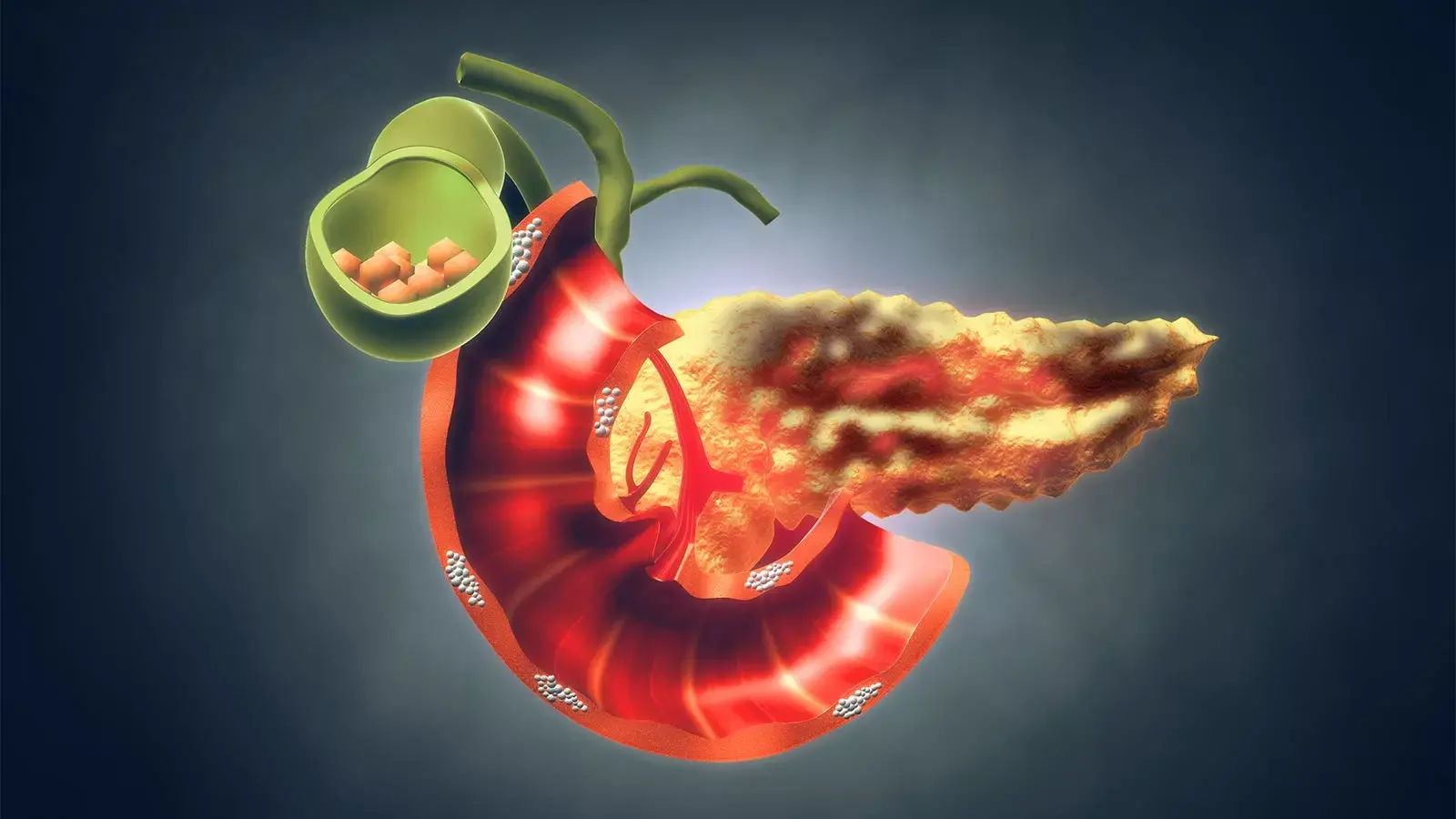- Home
- Medical news & Guidelines
- Anesthesiology
- Cardiology and CTVS
- Critical Care
- Dentistry
- Dermatology
- Diabetes and Endocrinology
- ENT
- Gastroenterology
- Medicine
- Nephrology
- Neurology
- Obstretics-Gynaecology
- Oncology
- Ophthalmology
- Orthopaedics
- Pediatrics-Neonatology
- Psychiatry
- Pulmonology
- Radiology
- Surgery
- Urology
- Laboratory Medicine
- Diet
- Nursing
- Paramedical
- Physiotherapy
- Health news
- Fact Check
- Bone Health Fact Check
- Brain Health Fact Check
- Cancer Related Fact Check
- Child Care Fact Check
- Dental and oral health fact check
- Diabetes and metabolic health fact check
- Diet and Nutrition Fact Check
- Eye and ENT Care Fact Check
- Fitness fact check
- Gut health fact check
- Heart health fact check
- Kidney health fact check
- Medical education fact check
- Men's health fact check
- Respiratory fact check
- Skin and hair care fact check
- Vaccine and Immunization fact check
- Women's health fact check
- AYUSH
- State News
- Andaman and Nicobar Islands
- Andhra Pradesh
- Arunachal Pradesh
- Assam
- Bihar
- Chandigarh
- Chattisgarh
- Dadra and Nagar Haveli
- Daman and Diu
- Delhi
- Goa
- Gujarat
- Haryana
- Himachal Pradesh
- Jammu & Kashmir
- Jharkhand
- Karnataka
- Kerala
- Ladakh
- Lakshadweep
- Madhya Pradesh
- Maharashtra
- Manipur
- Meghalaya
- Mizoram
- Nagaland
- Odisha
- Puducherry
- Punjab
- Rajasthan
- Sikkim
- Tamil Nadu
- Telangana
- Tripura
- Uttar Pradesh
- Uttrakhand
- West Bengal
- Medical Education
- Industry
Immediate or postponed drainage has similar outcomes in Infected Necrotizing Pancreatitis: NEJM

No superiority was noted between immediate versus postponed intervention for infected necrotizing pancreatitis (NP), according to a study published in The New England Journal of Medicine.
Infected necrotizing pancreatitis is a potentially lethal disease that is treated with the use of a step-up approach, with catheter drainage often delayed until the infected necrosis is encapsulated. Whether outcomes could be improved by earlier catheter drainage is unknown.
The researchers conducted a multicenter, randomized superiority trial involving patients with infected necrotizing pancreatitis, in which we compared immediate drainage within 24 hours after randomization once infected necrosis was diagnosed with drainage that was postponed until the stage of walled-off necrosis was reached. The primary endpoint was the score on the Comprehensive Complication Index, which incorporates all complications over the course of 6 months of follow-up.
The results of the study are as follows:
· A total of 104 patients were randomly assigned to immediate drainage (55 patients) or postponed drainage (49 patients).
· The mean score on the Comprehensive Complication Index (scores range from 0 to 100, with higher scores indicating more severe complications) was 57 in the immediate-drainage group and 58 in the postponed-drainage group.
· Mortality was 13% in the immediate-drainage group and 10% in the postponed-drainage group.
· The mean number of interventions (catheter drainage and necrosectomy) was 4.4 in the immediate-drainage group and 2.6 in the postponed-drainage group.
· In the postponed-drainage group, 19 patients (39%) were treated conservatively with antibiotics and did not require drainage; 17 of these patients survived.
· The incidence of adverse events was similar in the two groups.
Thus, the researchers concluded that this trial did not show the superiority of immediate drainage over postponed drainage about complications in patients with infected necrotizing pancreatitis. Patients randomly assigned to the postponed-drainage strategy received fewer invasive interventions.
Reference:
Immediate versus Postponed Intervention for Infected Necrotizing Pancreatitis by Boxhoorn L et. al published in the New England journal of medicine.
Dr. Shravani Dali has completed her BDS from Pravara institute of medical sciences, loni. Following which she extensively worked in the healthcare sector for 2+ years. She has been actively involved in writing blogs in field of health and wellness. Currently she is pursuing her Masters of public health-health administration from Tata institute of social sciences. She can be contacted at editorial@medicaldialogues.in.
Dr Kamal Kant Kohli-MBBS, DTCD- a chest specialist with more than 30 years of practice and a flair for writing clinical articles, Dr Kamal Kant Kohli joined Medical Dialogues as a Chief Editor of Medical News. Besides writing articles, as an editor, he proofreads and verifies all the medical content published on Medical Dialogues including those coming from journals, studies,medical conferences,guidelines etc. Email: drkohli@medicaldialogues.in. Contact no. 011-43720751


